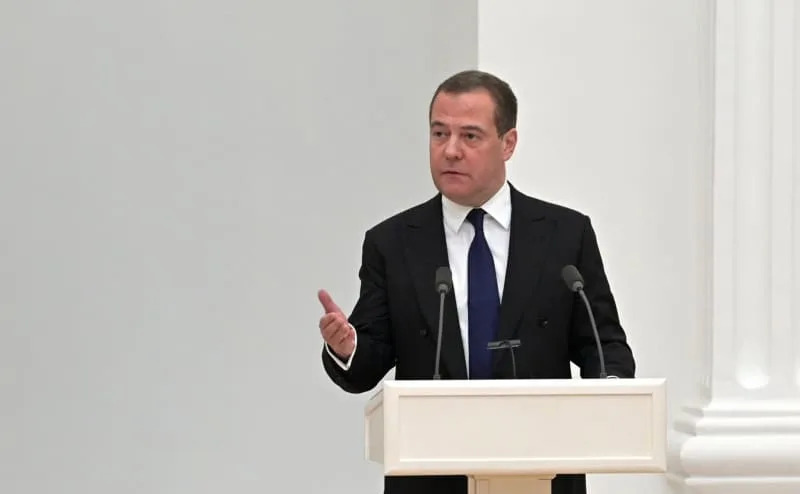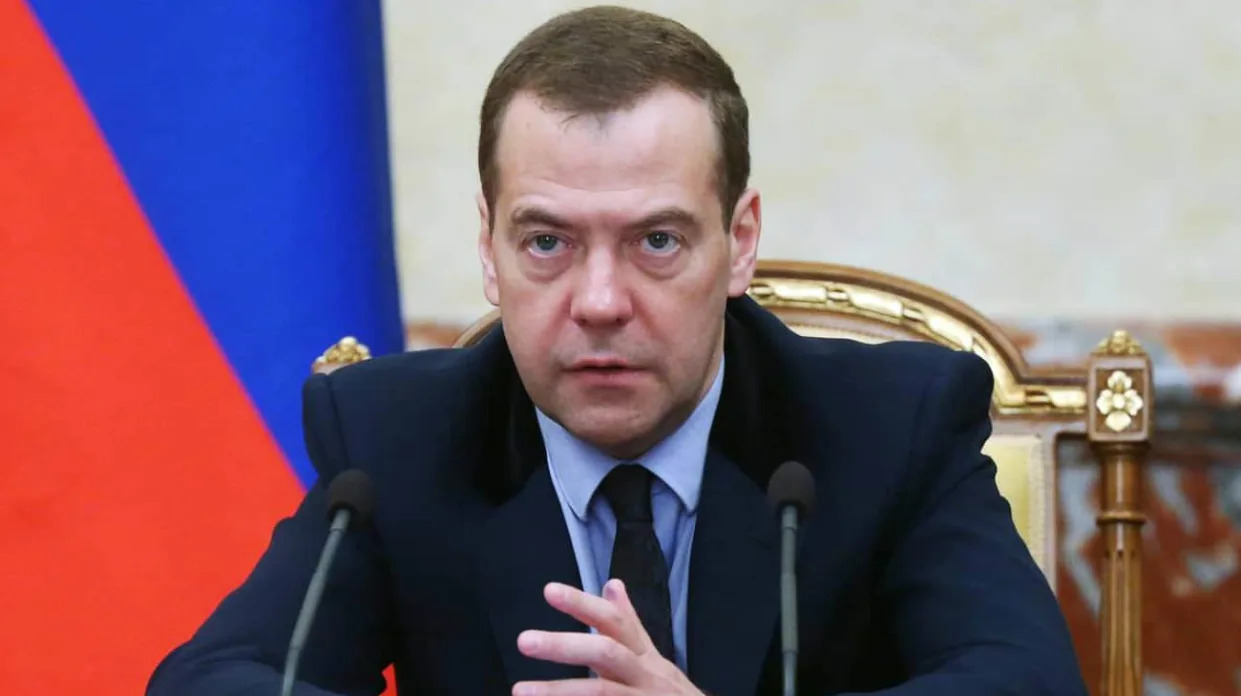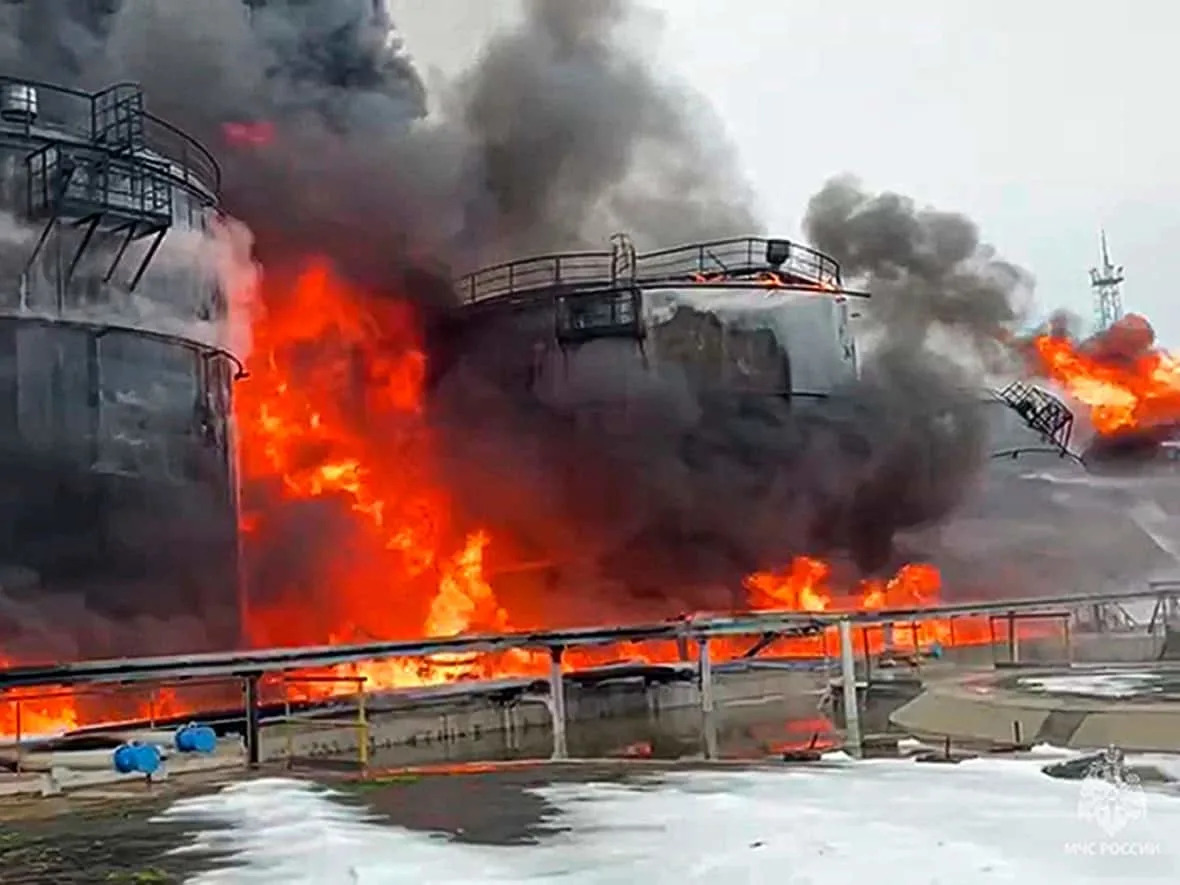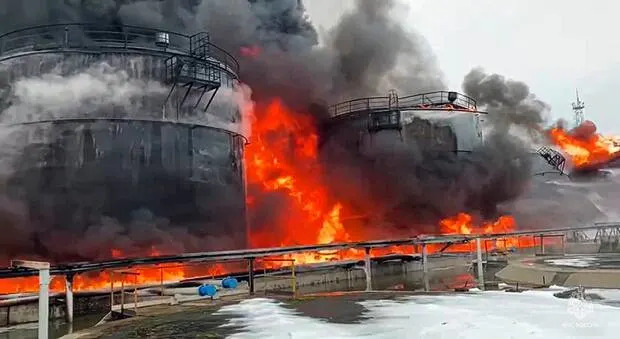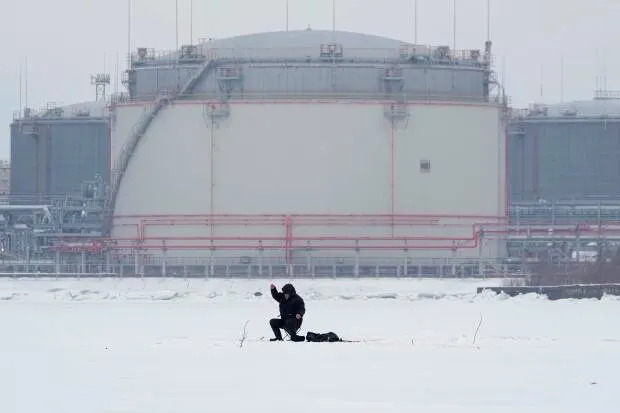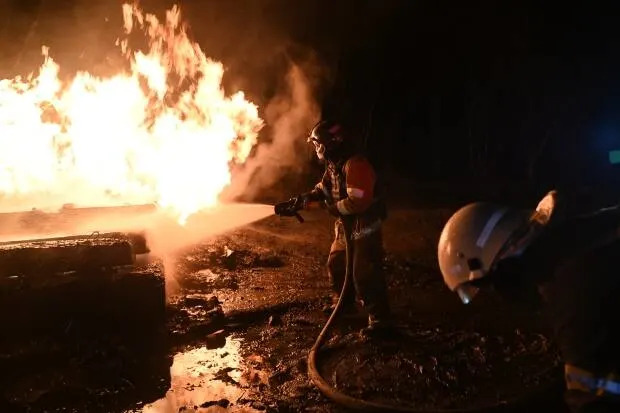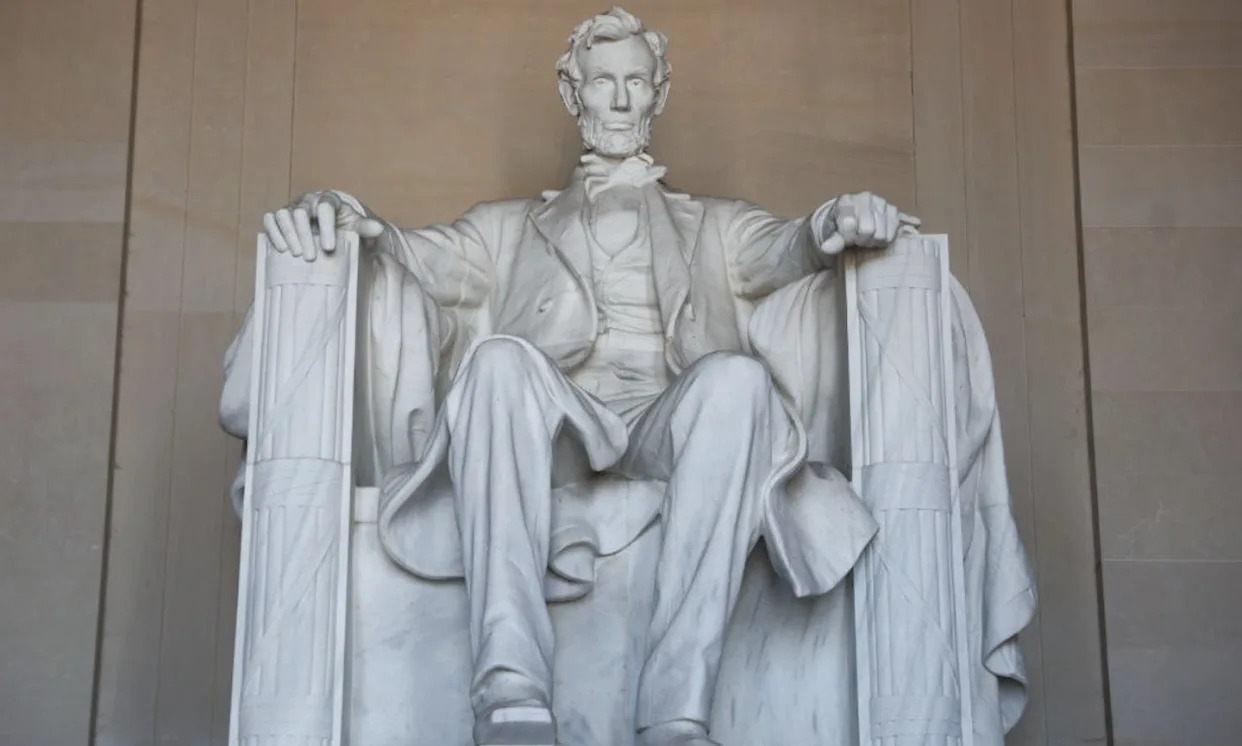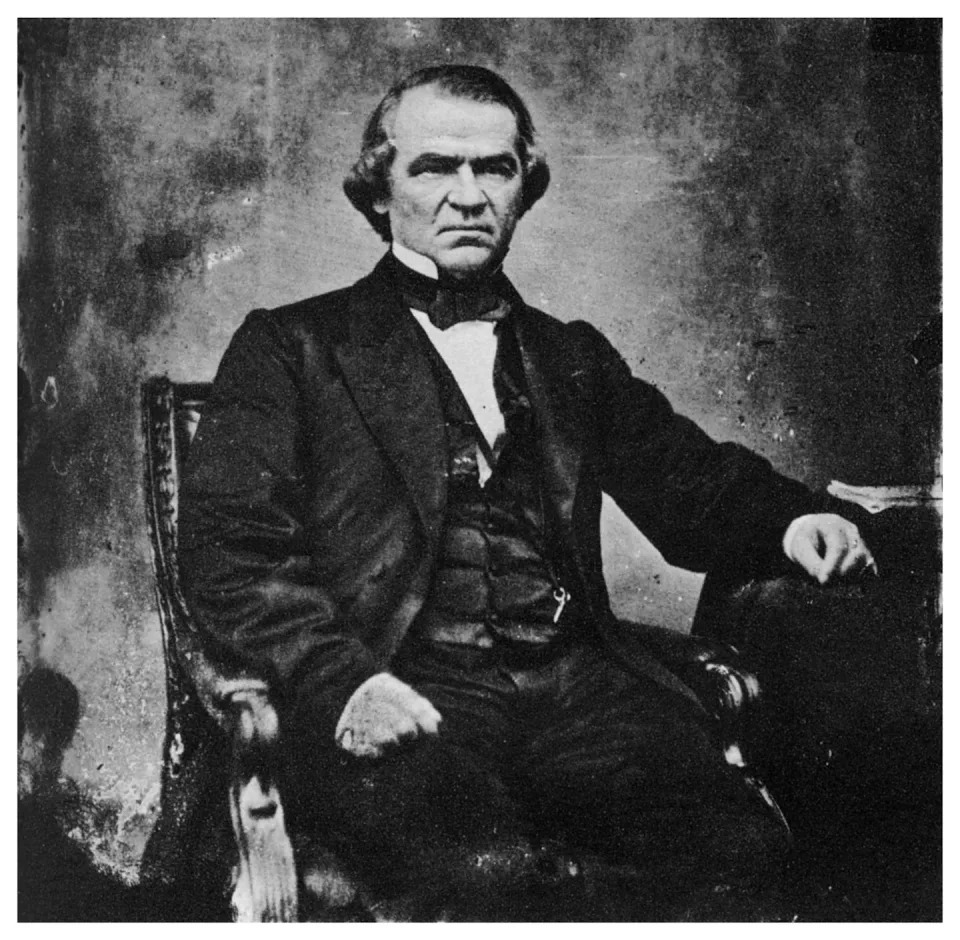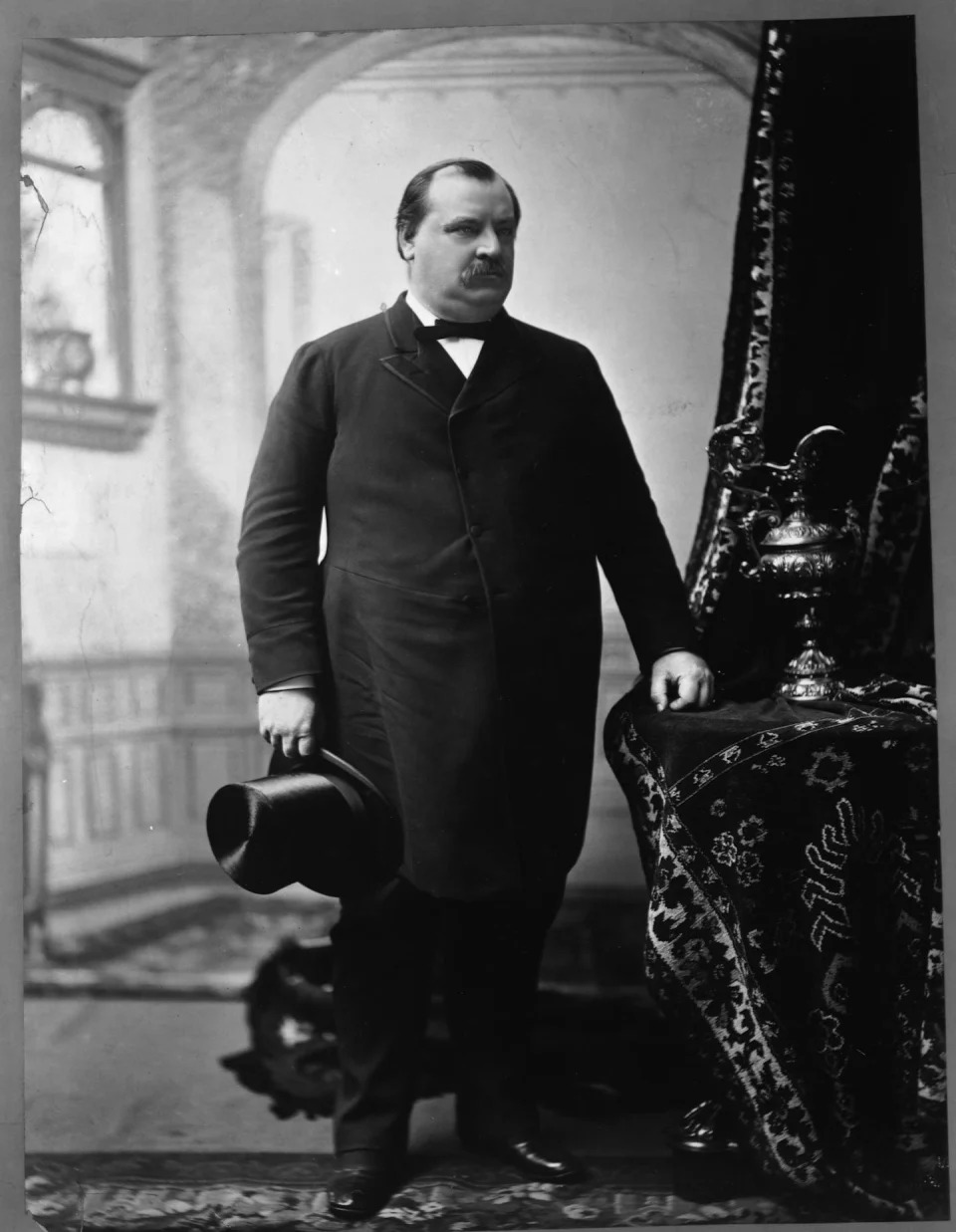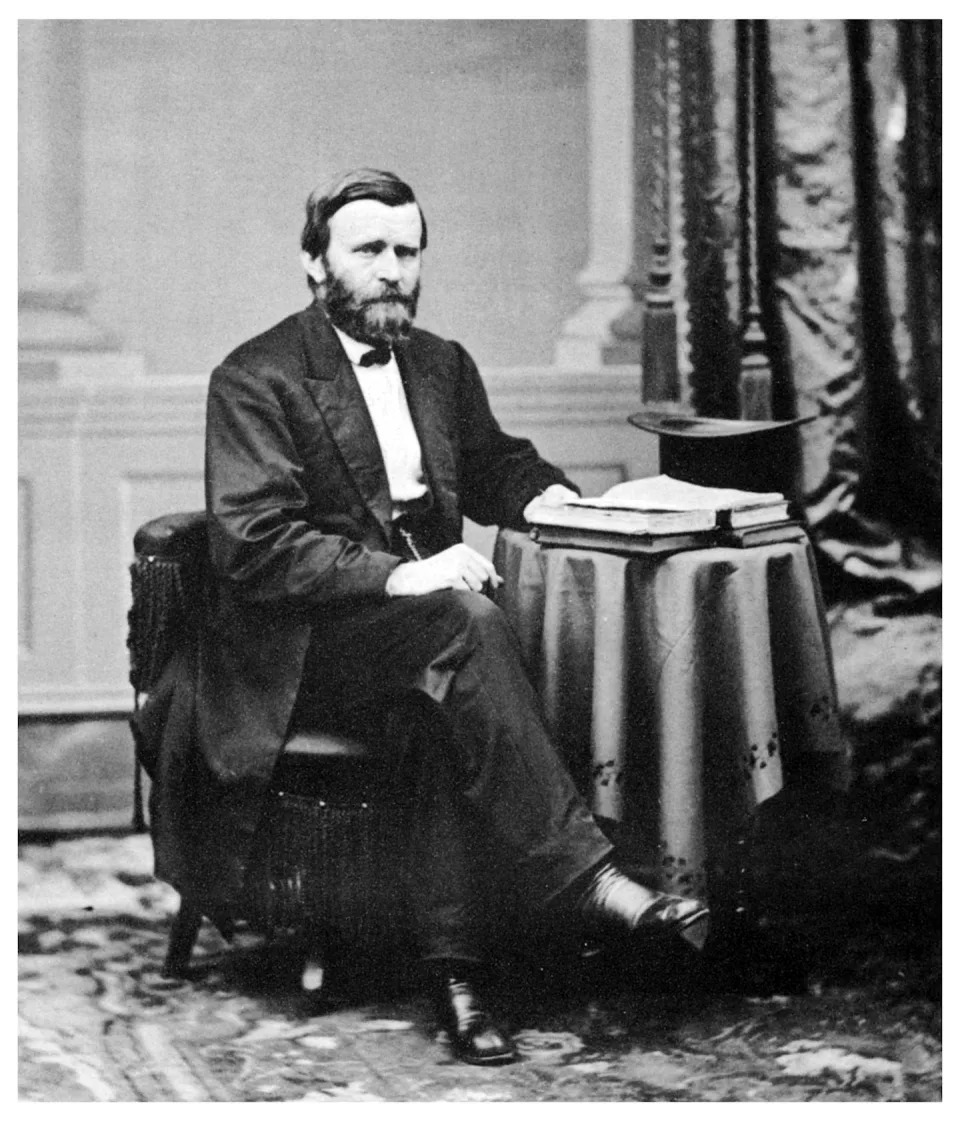The New York Times
From Frigid Cells to Mystery Injections, Prison Imperiled Navalny’s Health
Paul Sonne and Ivan Nechepurenko – February 18, 2024
Alexei Navalny portrayed himself as invincible, consistently using his hallmark humor to suggest that President Vladimir Putin couldn’t break him, no matter how dire his conditions became in prison.
But behind the brave face, the reality was plain to see. Since his incarceration in early 2021, Navalny, Russia’s most formidable opposition figure, and his staff regularly suggested his conditions were so grim that he was being put to death in slow motion.
Now his aides believe their fears have come true.
The cause of Navalny’s death in prison at 47 has not been established — in fact his family has not yet even been allowed to see his body — but Russia’s harshest penal colonies are known for hazardous conditions, and Navalny was singled out for particularly brutal treatment.
“Aleksei Navalny was subjected to torment and torture for three years,” Russian journalist and Nobel Peace Prize winner Dmitry Muratov wrote in a column after his death was announced Friday. “As Navalny’s doctor told me: the body cannot withstand this.”
More than a quarter of Navalny’s incarceration since 2021 was spent in freezing “punishment cells” and he was often denied access to medical care. He was transferred to ever crueler prisons. And at one point, he said he was being given injections but was prevented from finding out what was in the syringes. His team worried he was again being poisoned.
What specifically led to Navalny’s death Friday at a remote prison above the Arctic Circle may remain a mystery. The Russian prison service released a statement Friday afternoon saying that Navalny felt sick and suddenly lost consciousness after being outside.
Russian state media reported that he had suffered a blood clot. But the story changed Saturday, when Navalny’s mother and lawyer arrived at the prison. They were told he had suffered from “sudden death syndrome,” which appeared to indicate sudden cardiac arrest, according to Ivan Zhdanov, director of Navalny’s anti-corruption foundation.
Investigators told a lawyer for Navalny that a repeat examination was being conducted and the results would be released next week. Navalny’s staff called for the body to be released immediately so that his family could order an independent analysis, accusing Russian authorities of lying to conceal the body.
According to his aides, Navalny had been put in a punishment cell at the Arctic prison in the Yamalo-Nenets Autonomous Region on Wednesday, two days before Russian authorities announced his death.
His spokesperson, Kira Yarmysh, said that marked his 27th time in such an inhumane space, usually a roughly 7-by-10-foot concrete cell with unbearable conditions — cold, damp and poorly ventilated. His latest round of punishment, had he survived, would have taken his total period in such a cell to 308 days, more than a quarter of his time in incarceration, according to Yarmysh.
Once a day at 6:30 a.m., prisoners in the punishment cells at the Arctic facility are allowed into a coffin-like concrete enclosure open to the sky through a metal grate, Navalny said in a message from the facility this year. It appeared to be after such a session Friday that Navalny lost consciousness, according to the Russian prison service’s account. It was about minus 20 degrees Fahrenheit outside.
In a letter from prison last month, Navalny described how he could walk a total of 11 steps from one end of the open-air space to the other, noting that the coldest it had been so far on one of his walks was minus 26 degrees Fahrenheit.
“Even at this temperature, you can walk for more than half an hour, so long as you have time to grow a new nose, ears and fingers,” he wrote. “There are few things as invigorating as a walk in Yamal at 6:30 in the morning. And what a wonderful fresh breeze blows into the yard, despite the concrete enclosure, wow!”
While walking there on a recent day, he said he was freezing and thinking about how Leonardo DiCaprio climbed into a dead horse to escape the cold in the wilderness survival movie “The Revenant.” A dead horse would freeze in that part of Russia within 15 minutes, Navalny surmised.
“Here we need an elephant — a hot, fried elephant,” he said.
Navalny often employed such wit in the face of his inhumane treatment. But it had become increasingly clear, over his three years of incarceration, that he might not survive.
“The cumulative treatment of Navalny over several years in prison — in a way you could say it was driving him close to death,” Mariana Katzarova, the United Nations Human Rights Council special rapporteur on the human rights situation in Russia, said in an interview Saturday. “We don’t know yet. We need an investigation.”
For a time, Navalny did seem almost invincible.
In August 2020, he fell ill on a flight from the Siberian city of Tomsk to Moscow, after being poisoned with a nerve agent from the Russian-made Novichok family. He was put into a medically induced coma for two weeks during treatment in Germany — and survived.
The U.S. government later attributed the poisoning to Russia’s Federal Security Service, known as the FSB.
Despite the assassination attempt, Navalny returned to Russia in early 2021 to continue his fight against Putin, who denied Russia’s involvement in the poisoning, and quickly found himself imprisoned. His health began to deteriorate almost immediately.
In March 2021, he complained about severe back pain that later turned into a problem with his leg.
He demanded that prison authorities provide him with proper medical care and give him medication. Instead, they subjected him to sleep deprivation, he said. At the end of March 2021, he declared a hunger strike over his treatment, and Russian doctors and Hollywood stars took up his cause in open letters to Putin.
About three weeks later, Navalny was examined by an independent panel of doctors. The tests by the doctors found that, “soon enough, there won’t be anyone to treat,” Navalny said in a message posted to Instagram.
Last year, Navalny wrote from prison that his jokes about the punishment cell shouldn’t normalize the environment.
He lamented that a fellow political prisoner, who had spoken out against the war in Ukraine, had been put in a punishment cell, despite being disabled and missing part of a lung.
Navalny described dire health conditions in prison, where he said many inmates suffered from tuberculosis. He also complained early last year about the administration in his former prison placing a mentally unwell person in a cell opposite his, as a form of torment, and an ill prisoner in his small cell.
At the time, his lawyer, Vadim Kobzev, said the prison deliberately infected him with a respiratory illness, refused to give him medicine and then “treated” him with huge doses of contraindicated antibiotics. Navalny suffered severe stomach pain and lost more than 15 pounds as a result, Kobzev said.
“These actions can’t be regarded as anything other than an open strategy to destroy Navalny’s health by any and all means,” Kobzev said in a statement at the time. “Obviously, the prison wouldn’t risk engaging in this level of demonstrative unlawfulness without approval from Moscow.”
Kobzev has since been arrested on extremism charges for associating with Navalny — part of a broader roundup of the opposition leader’s attorneys late last year.
Navalny suffered a dizzy spell and was put on an IV drip in an unexplained medical episode in early December. But Russian authorities still transferred him later that month from a prison in the Vladimir region, about 130 miles east of Moscow, to the “special regime” penal colony in the Arctic where he died.
Several doctors contacted after his death, including one who was involved in his initial treatment in the Siberian city of Omsk, said his death was likely unrelated to his poisoning more than three years earlier, given his robust recovery.
But he faced many other health hazards since then.
“A Russian prison is a place where you have to be prepared to die every day,” Mikhail Khodorkovsky, a Russian tycoon who spent a decade in prison after challenging Putin, said Friday.
In the interview, Khodorkovsky, who was released in 2013, said a prisoner must find a way to treat the burden as a test in order to survive mentally, and Navalny had done that. But even then, he added, “this will not protect you from being killed.”

